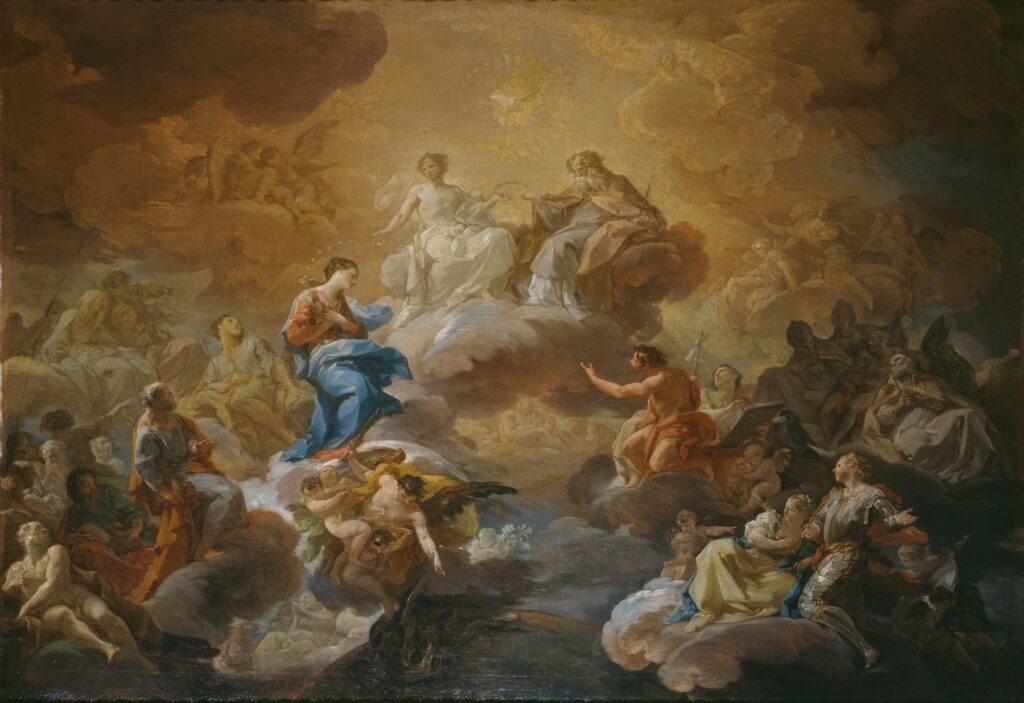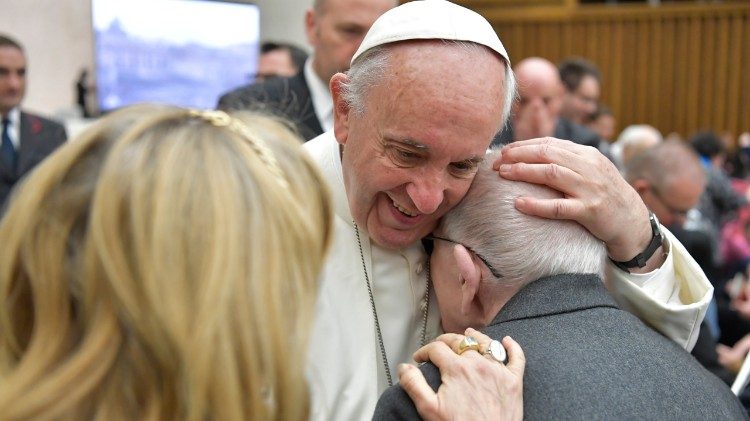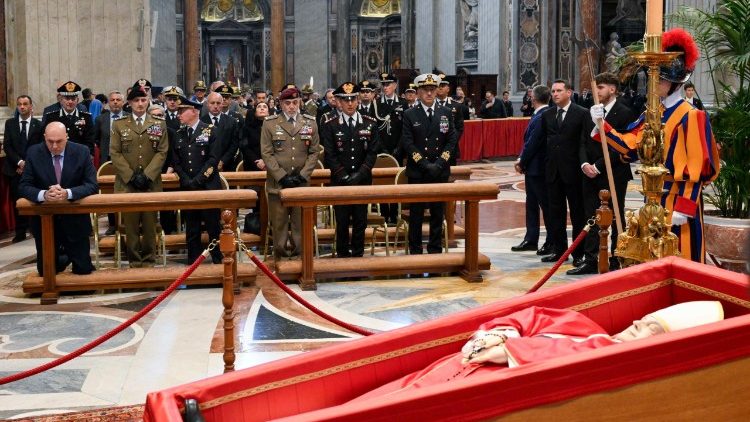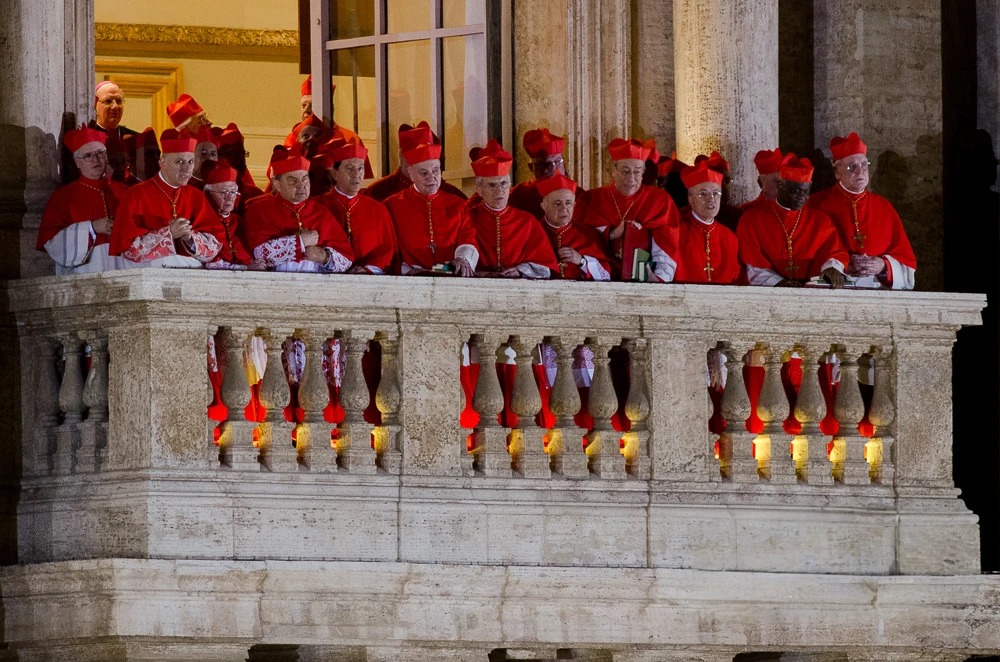Who is God the Father, God the Son, and God the Holy Spirit
The Source of Love and Creation, The Visible Face of Divine Love, and The Living Presence in Us

God the Father: The Source of All Love
The Creator of All That Is Visible and Invisible
When we think of God the Father, our minds are filled with the image of a loving, close, and ever-present creator. In the Christian faith, God the Father is the origin of all creation and the source of life. His love is boundless and manifests itself in his constant care for each of us. As the Catechism of the Catholic Church explains, God the Father is the “beginning without beginning” who has generated all that exists out of love. His fatherhood is not just a symbolic relationship, but a real and life-giving one.
God the Father reveals himself through Scripture as a close God, who walks with his people and supports them even in the most difficult times. In the Bible, this image is seen in the exodus of the people of Israel, where God acts as protector and provider, guiding them to the promised land. We also see him as the creator of all that exists, from the vast galaxies to the smallest details of our daily lives. Every beat of our heart and every sunrise are reflections of his infinite goodness.
The Father’s love is also palpable in the way he invites us to call him “Abba,” which means “Daddy.” This reflects a deep intimacy, which breaks down any distance and allows us to live as adopted children of God. In this sense, every moment of our life is touched by the presence and providence of a Father who never abandons. This love is not abstract or generic, but personal and unique to each of his children.
Through prayer and the sacraments, especially the Eucharist, we can experience the tender embrace of God the Father. He invites us to trust in Him with a simple and full faith, knowing that His will is always for our good. In this sense, being a child of God implies a constant call to grow in trust and in surrender to his perfect plan.
God the Son: The Word Made Flesh
Jesus Christ, the visible face of divine love
Jesus Christ, the Son of God, is the visible face of the Father. He is the eternal Word who became incarnate to redeem us and show us the way to salvation. His earthly life is a perfect example of love, humility and obedience to the divine will. In Jesus, we find the God who not only watches us from heaven, but walks among us, sharing our joys and sorrows.
In the Gospel according to Saint John, Jesus says: “Whoever has seen me has seen the Father” (Jn 14:9). This statement sums up the mission of the Son: to reveal the loving heart of God. Every word, miracle and action of Jesus during his earthly life reflects divine love. From the moment of his birth in a humble manger, to his death on the cross and his glorious resurrection, Jesus teaches us that God’s love is unconditional and eternal.
Christ’s sacrifice on the cross is the supreme act of self-giving, which reconciles us with God and opens the gates of heaven for all humanity. It is through his death and resurrection that we obtain redemption and the hope of eternal life. Jesus shows us that true love involves sacrifice and self-giving, and invites us to follow his example in our daily lives.
Jesus also teaches us to live as beloved children, trusting fully in the goodness of the Father. Through him, we discover that God is not distant or indifferent to our suffering. On the contrary, he has shared our humanity to elevate us to divine life. In his parables, Jesus reveals to us the merciful face of God and invites us to approach him with a humble and trusting heart.
Every encounter with Christ, whether in prayer, in the sacraments, or in charity toward others, brings us closer to the mystery of his redeeming love. He is the Way, the Truth, and the Life, and he calls us to be his disciples, bringing his light to the world.
God the Holy Spirit: The Giver of Life
The transforming force of divine grace
The Holy Spirit is the third person of the Holy Trinity and acts as the great comforter and sanctified. His presence in our lives transforms us, strengthens us, and directs us toward the full truth. It is the Spirit who enables us to live our faith with joy and courage, illuminating our understanding and guiding our decisions.
The Holy Spirit manifests himself at Pentecost, when he descends upon the apostles in the form of tongues of fire, filling them with courage and wisdom to proclaim the Gospel. Since then, he has been the soul of the Church and the driving force of our Christian life. Through his action, the apostles were transformed from fearful men into courageous witnesses of Christ, capable of carrying the message of salvation to the ends of the earth.
This Spirit not only accompanies us, but dwells within us, turning our hearts into a living temple of God. He inspires us to love, forgive and always seek what is good. Through his gifts—wisdom, understanding, counsel, fortitude, knowledge, piety and fear of God—he enables us to live as true witnesses of Christ. He also grants us his fruits, such as love, peace, patience and kindness, which transform our lives and those of those around us.
In our daily lives, the Holy Spirit acts like a gentle breeze that propels us toward love and truth. His action unites us more deeply to God and allows us to live the fullness of our Christian vocation. It is the Spirit who gives us the strength to persevere in difficult times and who lights the fire of divine love in our hearts.
Through prayer, especially by invoking him with the “Come, Holy Spirit,” we can experience his guidance and comfort. He reminds us of the teachings of Jesus and gives us the wisdom to apply them in our daily lives. In each Eucharist, we renew our relationship with the Spirit, who strengthens us to be light and salt in the world.
***
The Holy Trinity—God the Father, God the Son, and God the Holy Spirit—is a profound mystery that transcends our understanding, but at the same time is present in our lives in a tangible and close way. To know each divine person is to open our hearts to the experience of an infinite love, which transforms our existence and leads us to fullness.
Related

The Family: A School of Love, Forgiveness, and Hope
Laetare
25 April, 2025
3 min

Pope Francis: Leadership That Transforms Through Service
Javier Ferrer García
25 April, 2025
4 min

The heart of the Church beats between mourning and hope
Exaudi Staff
24 April, 2025
2 min

What is a Conclave? The Process That Elects the New Pope
Exaudi Staff
24 April, 2025
7 min
 (EN)
(EN)
 (ES)
(ES)
 (IT)
(IT)

